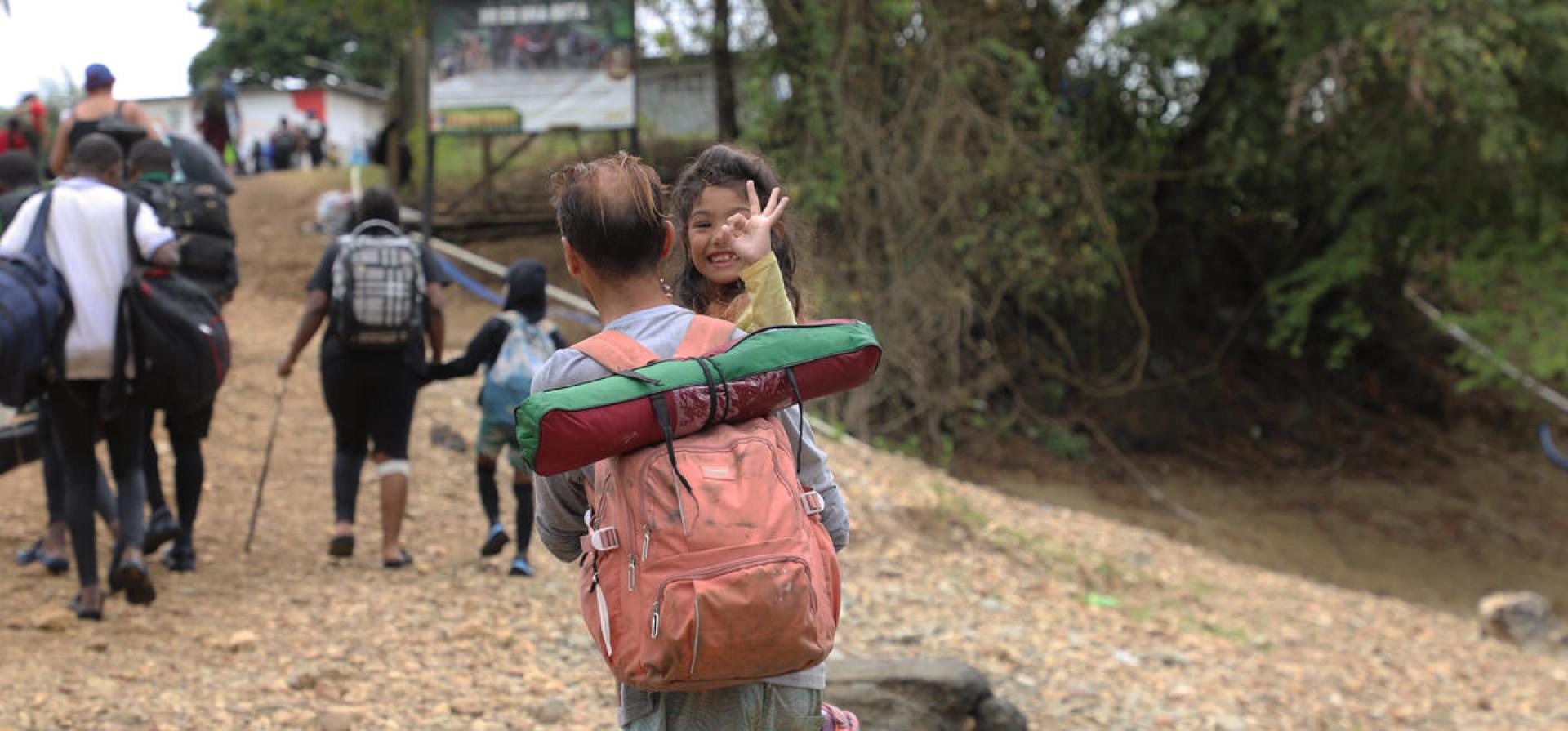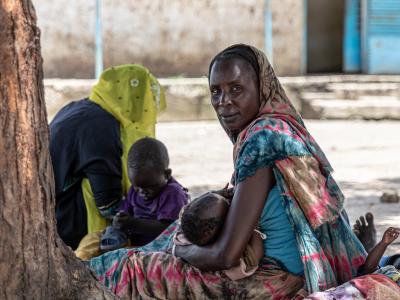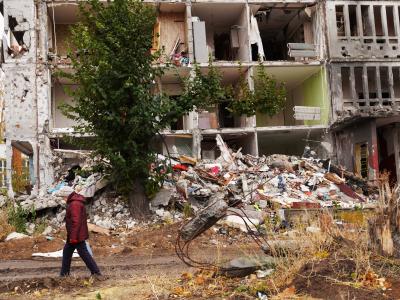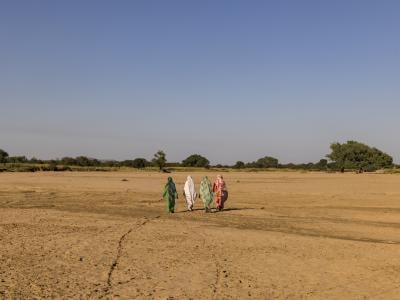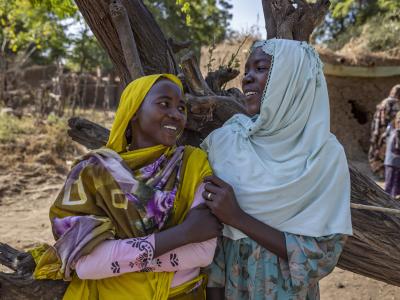
In many countries, it is increasingly difficult for people who have been forced to flee to reach safe territory and have their basic rights recognized. In 2025, UNHCR will intervene to prevent and respond to refoulement, support protection-sensitive border management, and register more people who have been forced to flee.

Humanitarian responses often fail to reflect the concerns of forcibly displaced and stateless people, undermining their rights and their agency and potentially putting them at greater risk. In 2025, UNHCR will support hundreds of grassroots organizations and invest in strengthening communication channels.

With millions of refugees unable to go home, resettlement and complementary pathways (such as education, employment, family reunification and humanitarian visas) provide opportunities for long-lasting solutions. UNHCR projects 2.9 million refugees will need resettlement in 2025, up from 2.4 million in 2024

Record numbers of people are being forced to flee, and very few are able to go home, although the majority routinely say they want to, once they can do so in safety and with dignity. In 2025, UNHCR will help millions of refugees stay informed about the risks and opportunities awaiting them on their return.
